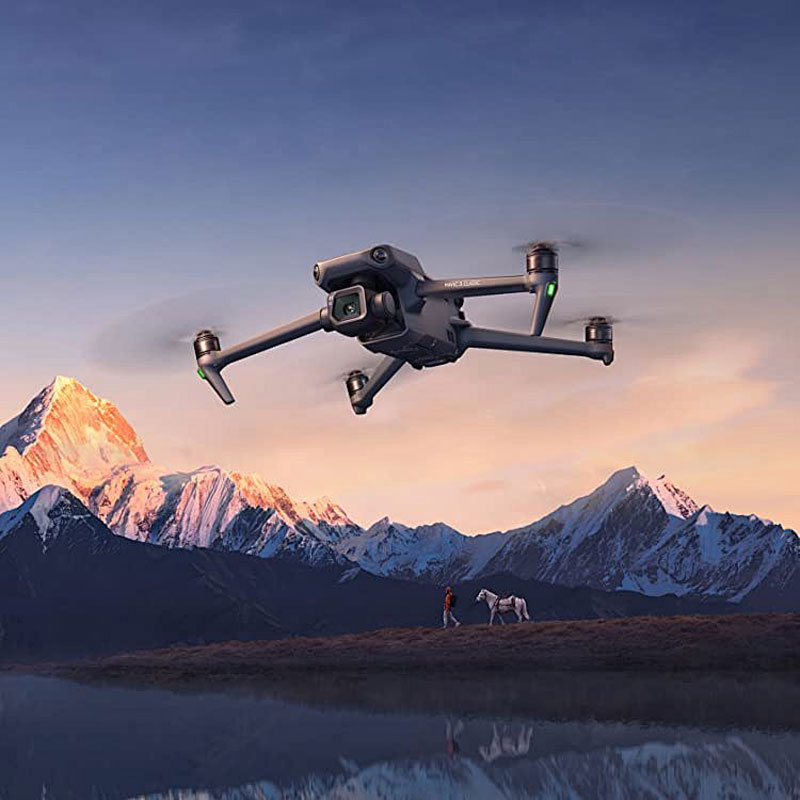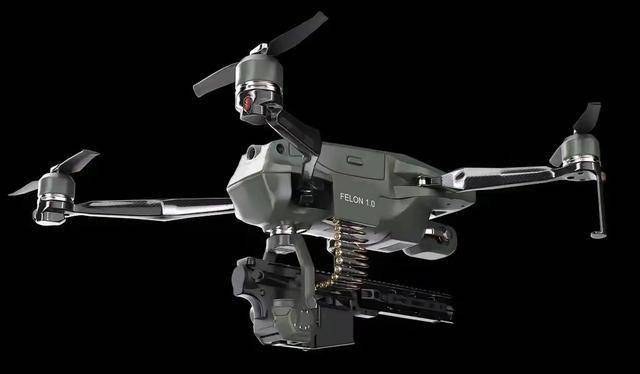In recent years, drones have become an integral part of modern technology, transforming various sectors with their versatility and efficiency. Long Island, a region renowned for its picturesque landscapes and vibrant communities, has seen a notable increase in drone usage. These unmanned aerial vehicles are revolutionizing fields such as agriculture, real estate, and emergency services, while simultaneously raising public concerns regarding privacy and safety.
Innovation Across Industries
Drones are making significant headway in the agriculture industry by providing farmers with the ability to monitor crops from above. Utilizing high-resolution cameras, they allow for accurate data collection on crop health, water levels, and pest infestation. This precision agriculture method enhances productivity and sustainability, ensuring optimal crop yields. Similarly, the real estate sector is benefiting from drones over Long Island. Agents can now offer potential buyers stunning aerial views of properties, showcasing attributes that would be otherwise impossible to capture through traditional photography. Enhanced visual presentations lead to quicker sales and satisfied clients.
Emergency Assistance
Drones also play a crucial role in providing emergency assistance. Equipped with thermal imaging cameras, they help locate individuals in distress more swiftly during natural disasters or search and rescue missions. Law enforcement agencies utilize drones to gain aerial insights in complex situations, improving operational efficiency and safety. These contributions underline the importance of drones in community safety and disaster management.
Privacy and Safety Concerns

Despite the advantages, the proliferation of drones over Long Island has heightened concerns about privacy. Residents worry that drones might intrude on personal space, capturing images or videos without consent. Regulatory bodies are working to establish strict guidelines to ensure ethical drone operation while safeguarding individual rights. Additionally, the potential for drones to cause accidents, whether through collision with aircraft or injuries to people, necessitates stringent safety measures and operator training programs to mitigate risks.
Environmental considerations are another facet of drone usage that cannot be overlooked. While drones offer eco-friendly alternatives to some traditional methods, their presence can disturb wildlife habitats. Efforts are underway to develop technologies that minimize noise pollution and disruption to nature.
Frequently Asked Questions

Yes, drones must adhere to FAA regulations which mandate safe operation practices, including altitude restrictions and no-fly zones. Additional local laws may apply.
Operators should refrain from flying over private properties without permission and should avoid capturing identifiable images unless authorized. Understanding privacy laws is crucial for responsible drone usage.
